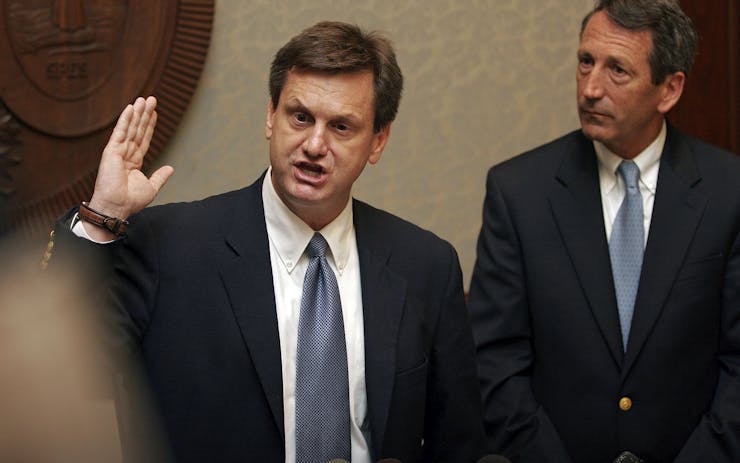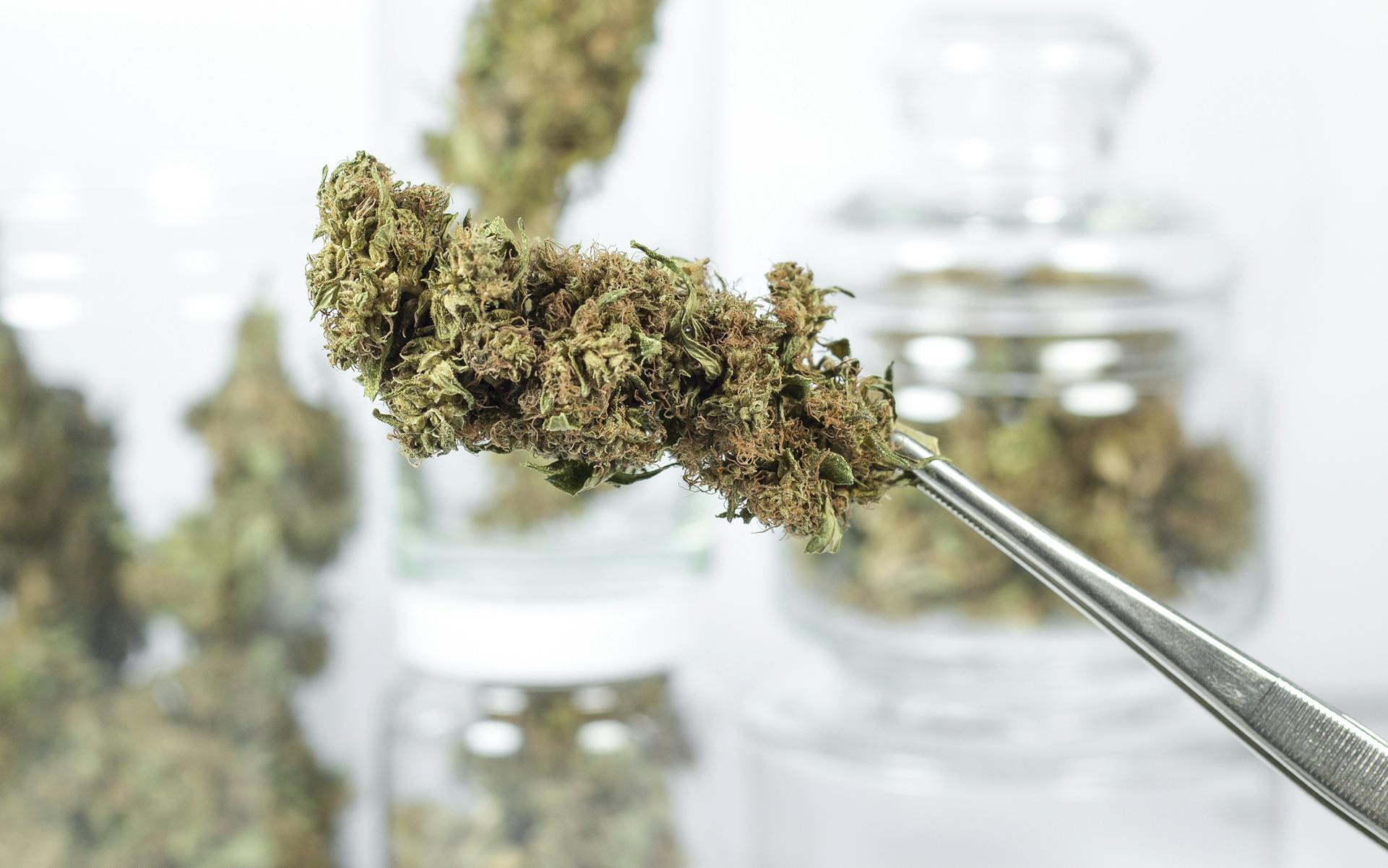As lawmakers across the country return to state capitols to kick off this year’s legislative session, many have cannabis on the brain—even in states that historically have been opposed to legalization. It’s increasingly is a bipartisan issue, and as attitudes change, more and more elected officials are taking it up as their own.
Citing everything from medical necessity to criminal justice to tax revenue, lawmakers are preparing to push for reforms in South Carolina, Vermont, Nebraska, Wisconsin, and Texas. As the year stretches on, other states are likely to follow suit.
Twenty-nine states now allow cannabis for medical or adult use, and many more allow low-THC cannabis products for medical patients. Only seven continue to prohibit the plant in all its forms. Here’s a quick look at legislation that could change those numbers in the year to come:
South Carolina
A bipartisan group of lawmakers is expected to introduce a comprehensive medical cannabis bill at the Statehouse on Tuesday morning. The South Carolina Compassionate Care Act would allow patients suffering from debilitating medical conditions to access medical cannabis with a doctor’s recommendation.
Lawmakers scheduled to speak on behalf of the legislation include Sen. Tom Davis (R-Beaufort); House Minority Leader J. Todd Rutherford (D-Richland); Rep. Eric Bedingfield (R-Greenville); and Rep. Mandy Powers Norrell (D-Lancaster), according to the advocacy group SC Compassion.
State legislators introduced a medical legalization bill last legislative session, but it died in a committee vote.
Vermont
In Vermont, Rep. Maxine Grad (D-Moretown), the chair of the House Judiciary Committee, said the committee could consider supporting legalization or further decriminalization during the new legislative session. She told the Barre-Montpelier Times Argus she’s uncomfortable with current law that makes possessing one type of marijuana a civil violation while possession of another type remains a criminal offense.
“It just doesn’t make sense under our current system that somebody who has an ounce of dried marijuana gets a civil fine and then somebody who has a plant of equivalent amount is a criminal and has all the consequences. I’m very concerned about that,” she said.
Last year the state Senate passed legislation that would have created a regulated, adult-use cannabis market in Vermont, but the measure fell flat in the House. Had the bill passed, the state would’ve become the first in the US to legalize through the legislative process rather than a voter initiative.
Former Gov. Pete Shumlin supported last year’s legalization bill, but the new governor who took over on Jan. 5, Republican Phil Scott, has said he’s in no hurry to legalize cannabis.
Nebraska
Another state considering medical legalization is Nebraska, one of only seven US states that currently don’t allow any form of cannabis whatsoever. State Sen. Anna Wishart, a first-year senator from Lincoln, said she will introduce a comprehensive medical bill this session, according to the Omaha World-Herald. The proposal, which is still being drafted, is expected to look similar to a bill that came within three votes of advancing last year.
Even if Nebraska lawmakers get behind a proposal, however, the governor could stand in the way. Gov. Pete Ricketts has been vehemently opposed to legalization, and legalization supporters say the expect him to veto any bill that passes the Legislature. Adding to the uncertainty is the arrival of 17 new state senators who have little to no track record on cannabis issues.
Last year’s bill would have allowed patients to treat medical conditions with cannabis in pill, liquid, or vapor form—products that, under the proposal, could only be produced by state-licensed manufacturers. The same restrictions are to be included in Wishart’s bill.
The advocacy group Marijuana Policy Project has jumped into the fray, saying the state would be better served by a bill passed by elected officials rather than leaving the matter to a voter initiative. Lawmakers, said Matt Schweich, the group’s director of state campaigns, urged lawmakers to recognize national trends and consider whether they want to craft legislation themselves or allow a voter initiative to prescribe future policy.
Wisconsin
The conversation in Wisconsin is shifting to whether the time is right to approve medical marijuana. Assembly Speaker Robin Vos told reporters last week he would consider it, even as Republican Senate Majority Leader Scott Fitzgerald and Gov. Scott Walker said no way.
“If you get a prescription to use an opiate or you get a prescription to use marijuana, to me I think that’s the same thing,” Vos said, a surprising position after years of GOP opposition to legalizing any form of marijuana. “I would be open to that.”
Republican Sen. Van Wanggaard, who plans to sponsor a bill making it legal to possess cannabis extracts containing cannabidiol (CBD) oil also said he’d consider legalizing medical marijuana with the right limitations, but not now.
The opposition from Walker and Fitzgerald means nothing will happen any time soon on medical marijuana. But Vos’s openness to it, and Wanggaard’s support, gives hope to proponents like Democratic Rep. Melissa Sargent, of Madison.
“We’re acknowledging in this building that’s pretty hyperpartisan that there are some benefits to this plant,” Sargent said. She said many of the eight states that fully legalized marijuana did so gradually by recognizing marijuana’s medicinal applications first.
Texas
While its chances of becoming law are slim, a Texas bill introduced last month would fully decriminalize cannabis.
Gov. Greg Abbott, however, is expected to stand in the way of the proposal. When he signed a limited medical marijuana bill lin 2015, he made clear that the state would take no more steps—even minor ones—toward easing cannabis restrictions.
The Associated Press contributed to this report.





